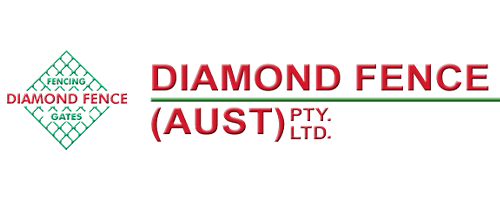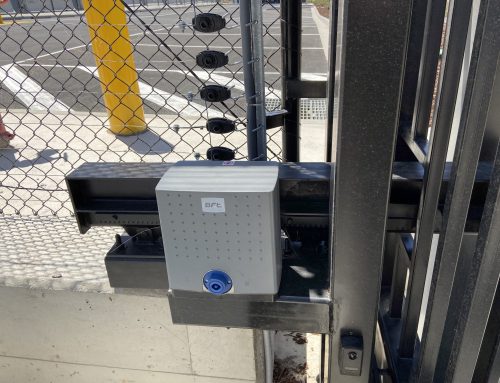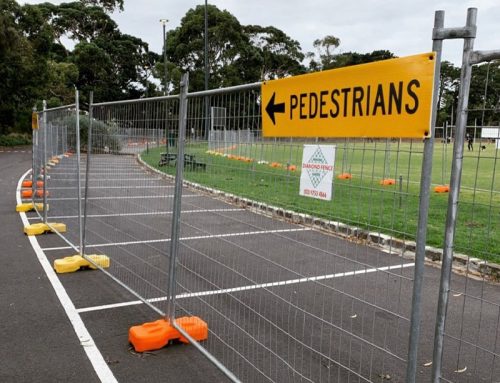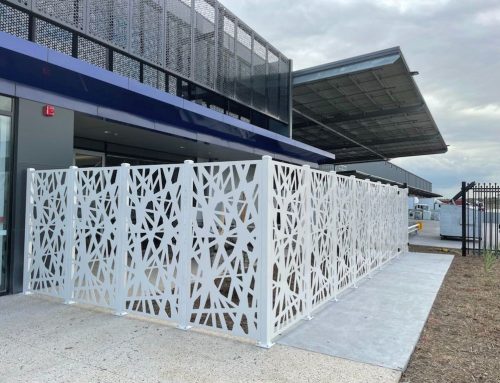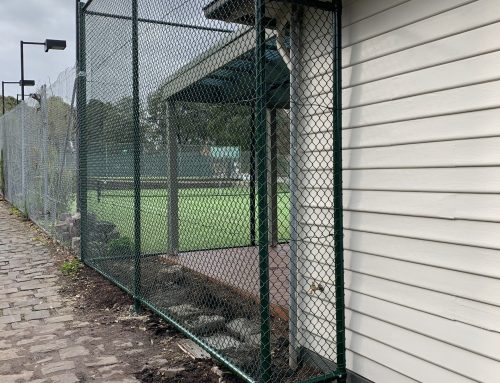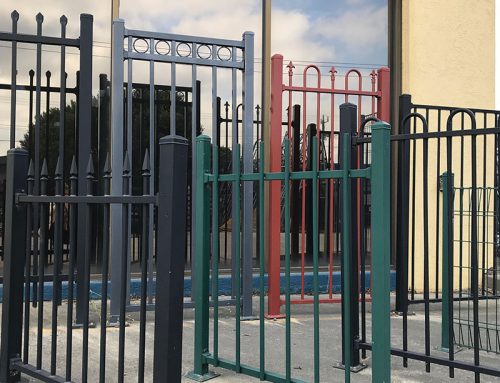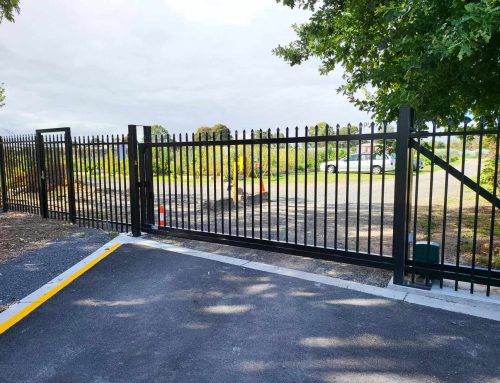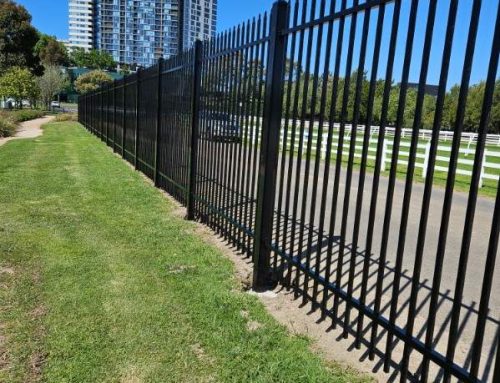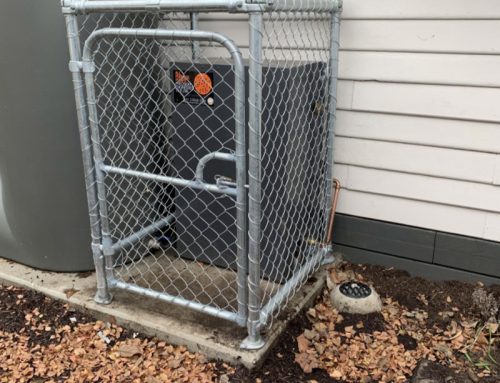Commercial and industrial fencing has been mentioned in our Melbourne fencing blog many times while farm fencing has been somehow neglected. Therefore, we are bringing to you our next fencing post and it is all about farm fencing. Let’s look into the information you should know before installing a farm fence.
Farm fencing, also called agricultural fencing, is fencing with a purpose to keep animals in or out of the area. Below are some tips or factors to consider when planning the installation of a farm fence:
1. The type of fence installed depends on the animals you are planning to install it for. You really don’t want to waste time and money to install welded panels for chicken or other smaller animals when you could easily install a chain wire fence as it’s a much cheaper fencing solution. On the other hand, you wouldn’t want to install a fencing type that is not strong enough to hold your cattle in, and in the long will become an expense you could have avoided in the beginning. Therefore, make sure you determine the needs of your livestock to install the appropriate fencing type.
Did you know that goats love to jump over the fence? They are so curious that if a fence is low enough to jump over, they will surely do it. So make sure that when you are installing a farm fence for your goats, you will make it high enough it will be impossible for them to jump over. Sheep might not be as notorious as goats, but similar to goats, sheep love to stick their head through the fence and their body will definitely follow. Make sure your fence spacing is smaller than the head of the sheep or a goat.
When installing a farm fence, be also aware of the possibility that your animals may dig the hole underneath the fence. For example, pigs love to dig holes. Therefore, you have to make sure that your fence will go deep enough into the ground to make it impossible for pigs to dig a hole underneath it.
2. Once you are familiar with the different needs of your animals, such as if they like to jump or dig the hole into the ground, you have to determine the type of fence you will need to install. There are many types in the fencing market.
The fencing choice might be affected by your financial capabilities. The price will play a big role when it comes to the size of the area that has to be surrounded by the fence. The bigger the area, the more fencing supplies you will need, the longer it will take to install the fence and, of course, the more expensive it will be.
Firstly, you will need to decide if the fence that is going to be installed is permanent or temporary. If it’s temporary, you wouldn’t want to spend too much money on the fence. So a simple electric fence might be the best solution. It is fast and cost-effective and can be moved around easily. When it comes to an electric fence, you need to be aware of the size of the animals it is for to make sure they will not escape underneath the electrified wire. You will also have to check if the fence is working as an entire fence might be disabled due to the break in the conducting wire. In case of hot weather conditions, an electric fence might be forced to be disconnected because of the fire starting risk (dry vegetation touching an electrified wire).
If you are looking for something more permanent, wire fencing might be your go-to. When it comes to wire fence wire, you can choose between the smooth wire or barbed wire, or maybe a combination of both. Wire fencing, regardless of the wire type, is a great solution for livestock. With the wire fence, you can also play around with the height of the fence. For example, if you need a fence for goats and it has to be a little bit higher so they can’t jump over it, you can simply add another row of wire on top of others.
3. Mark out any kind of utility or pipelines that might be underneath the surface. The best way is to call your utility or gas supplier to ask them the location of the lines installed. This is to make sure that when installing your fence posts, you won’t hit any utility or pipeline by accident.
4. Do the math! The best way to start planning the installation of your new farm fence is to put it all down on paper. Some of the factors considered and written down should be as follows:
1. Location of the farm fence
2. Look on the Google Maps to see how big of an area you would need to cover with the fence
3. How many enclosures do you want
4. How many gates should you have and the width of your gates
5. The location of your gates
6. Should your gates be manual or automatic
7. Do you need “high-traffic” lanes to move your animals from pasture to another
8. What kind of corner braces will you need
Above are just some of the questions you should ask yourself when it comes to a farm fence installation.
5. Once you’ve done your mathematical calculations, it’s time to measure and allocate your fencing lines, corners, lanes and gates. You can use a measuring tape to do that. Once that’s in place, it will allow you to do the exact calculation of the fencing material needed.
6. Purchase your fencing supplies. We recommend doing it from a trusted fencing supplier. Diamond Fence can help you out with fencing supplies in Melbourne. We supply and install, but also offer supply only fencing solutions. The pricing of your fencing suppliers will depend on the fencing supplies needed, but also from the amount and the location as transportation costs are one of the costs to consider if you don’t have your own transportation mode.
Hopefully, the above six points will help you with the initial planning of farm fence installation.
If you need any advice on fencing supplies or fencing services when it comes to steel fencing in Melbourne, you can turn to us, to Diamond Fence. We have experienced fencing specialists in steel fencing!
Give us a call on (03) 9753 4566, shoot us an email on info@diamondfence.com.au, or just get a FREE online fencing quote.
